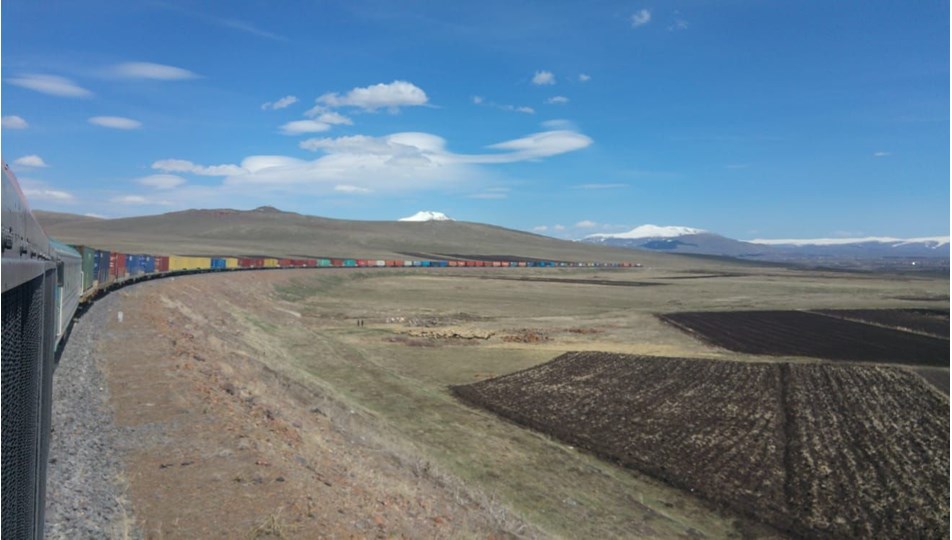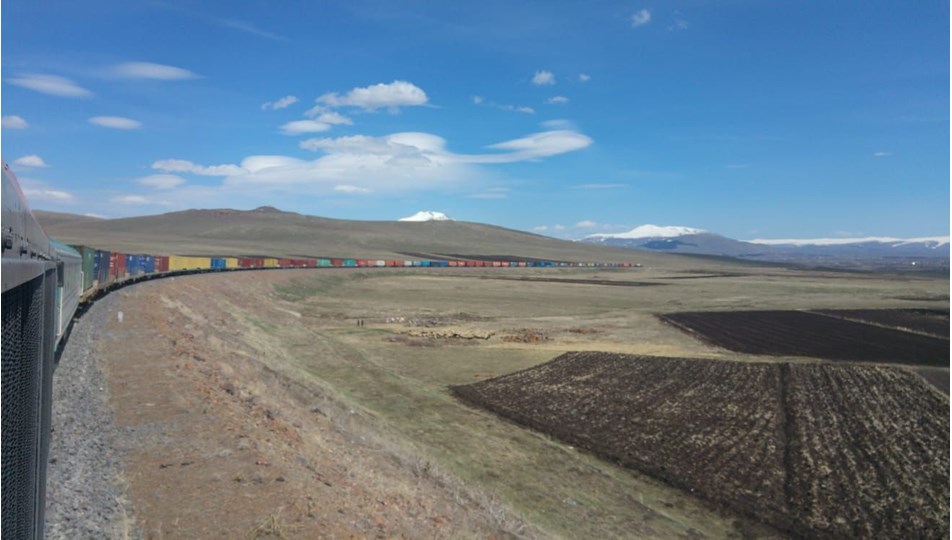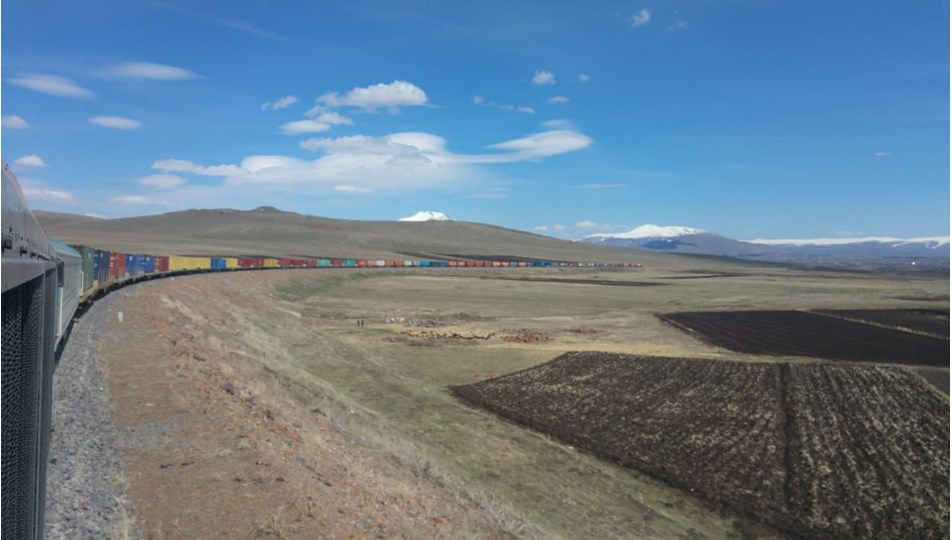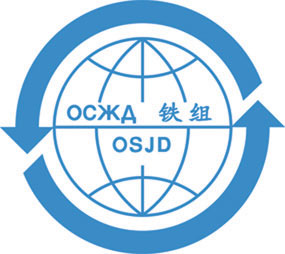Transportation of containers by rail in Azerbaijan: new trends



During the period of restrictions imposed to prevent the spread of the COVID-19 pandemic, the demand for the transportation of goods by rail is growing both throughout the Eurasian space and in the Republic of Azerbaijan, as well, in particular, where timely and uninterrupted delivery of goods is ensured thanks to the efficient, stable and uninterrupted operation of railway transport.
Under these conditions, the Azerbaijani Railways CJSC (AZD CJSC) carries out the transportation of goods both in domestic and international traffic, ensuring uninterrupted and safe delivery of essential industrial goods by rail, as well as food products, including perishable ones.
With regard to the international traffic, a significant share in this field of activities of the AZD JSC belongs to the cross-border transportation of oil and oil products, as well as carriage of goods by using the Baku-Tbilisi-Kars (BTK) railway line, where in particular the traffic volumes are increasing.
The Baku-Tbilisi-Kars railway line, opened and put into operation on 30 October 2017, connects the railway networks of Azerbaijan, Georgia and Turkey and makes it possible to halve the time for the transportation of goods in this region, also opening up new opportunities for the transportation of goods for most countries in Central Asia - Afghanistan, Iran, Kazakhstan, Kyrgyzstan, Tajikistan, Turkmenistan and Uzbekistan.
One of the subsidiaries of the AZD CJSC, ADY Express LLC, together with its partners from Turkey and Georgia, transported steel and plastic pipes, as well as concrete poles from Turkey to Azerbaijan by using the BTK railway line. The goods were delivered in 3 days. The containers with goods were dispatched from Turkey to the Georgian station of Akhalkalaki, from where they were delivered to Azerbaijan after being transshipped onto the 1520-mm railway tracks.
In April this year, the ADY Container LLC, another subsidiary of the AZD CJSC, carried out the transportation of Turkish-made export products. The goods in 82 containers destined for Azerbaijan, Kazakhstan, Turkmenistan and Uzbekistan were formed into the longest 940-meter train that has ever run on the Baku- Tbilisi-Kars railway line. The final destination for 20 containers from Turkey was Azerbaijan. From the port of Alyat (Azerbaijan) 30 containers were sent by sea to the port of Turkmenbashi (Turkmenistan), 24 - to the port of Aktau (Kazakhstan), and 8 - to the port of Kuryk (Kazakhstan).
On 30 June 2020, a container block train from Xi'an (China) to Istanbul (Turkey), consisting of 43 40-foot containers, transited through the Port of Baku. After transshipment of containers in the Baku port, the goods, represented by Chinese-made electrical household and office equipment, were delivered to Turkey via the BTK railway line. The operator of the transportation was the ADY Container company, which is one of the members of the TMTM (Trans-Caspian International Transport Route). It should be noted that this is the second block train organised by Xian Free Trade Port Construction and Operation Co. Ltd. through the Xian-Istanbul route.
In just 12 days, being a record time, the members of the International Trans-Caspian Transport Consortium - ADY Container (Azerbaijan), KTZ Express (Kazakhstan), GR Logistics (Georgia) and Pacific Eurasia Logistics (Turkey) delivered a container train from Xi'an (China) to the city of Izmit (Turkey).
The train was loaded with various types of goods and was composed of 43 forty-foot con- tainers. It entered from China into Kazakhstan through the Altynkol border station, and then it was delivered across the Caspian Sea from the port of Aktau to the Port of Baku on the Beket-Ata feeder ship, operated by ADY Container, from where it was sent to Turkey to the station of Kosekoy (Izmit) on the Baku-Tbilisi-Kars railway line.
In the future, trains are planned to run between China and Turkey on a regular basis using this route, which will ensure faster, more convenient and safer transportation, fully meeting the requirements of consignors and consignees.
And despite the difficult epidemiological conditions, the transportation of goods by rail continues to run without interruption in compliance with all sanitary and epidemiological standards and requirements.
